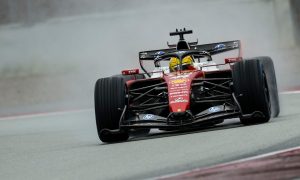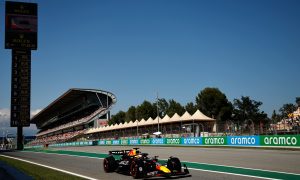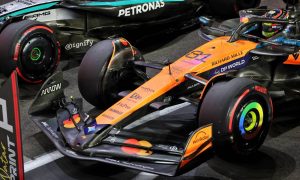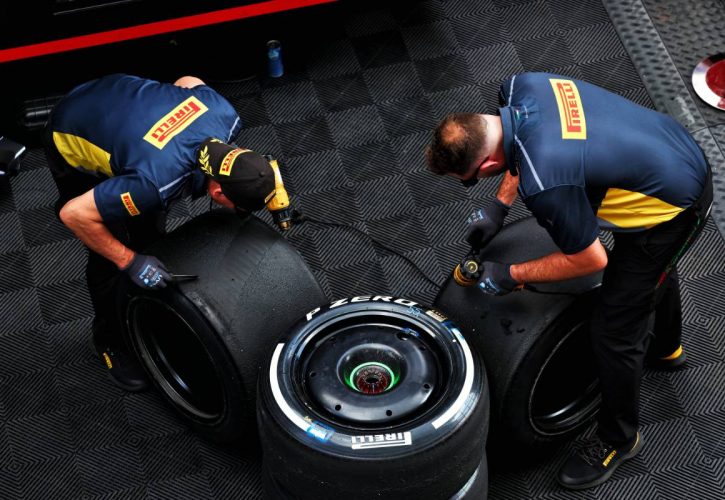
Pirelli has suggested that choosing the right tracks for sprint races is more important when it comes to making the format a success than changing the race weekend format, or altering the composition of the tyres.
There has been growing dissatisfaction among teams, the media and fans about how this year's six sprints have performed, and the way that Max Verstappen clinched the 2023 championship in a sprint rather than a full Grand Prix.
Discussions are set to take place over the coming weeks as to what changes could be made to the sprint race format in 2024, including the possibility of setting up a complete standalone sprint championship
Reverse grids, cash prizes, parc ferme rule changes and alterations to the weekend timetable have also been proposed, along with suggestions that the sprint races should have different tyre criteria.
But F1's exclusive tyre provider Pirelli says changing the tyre rules is not the way to fix things, with chief engineer Simone Berra insisting that the key lay in holding sprints on tracks that provide good overtaking opportunities.
“I don't think we should change anything in terms of distance for the sprint,” he told Motorsport.com. "It should be better to decide properly where the layout of the circuit can help a lot.
“We have had good sprint races," he said. "The layout of the circuit is really important, to select the proper circuits to have a good spectacle.
"We can make decisions to help the sprint be even more spectacular," he continued, suggesting Qatar as a particularly successful case in point.
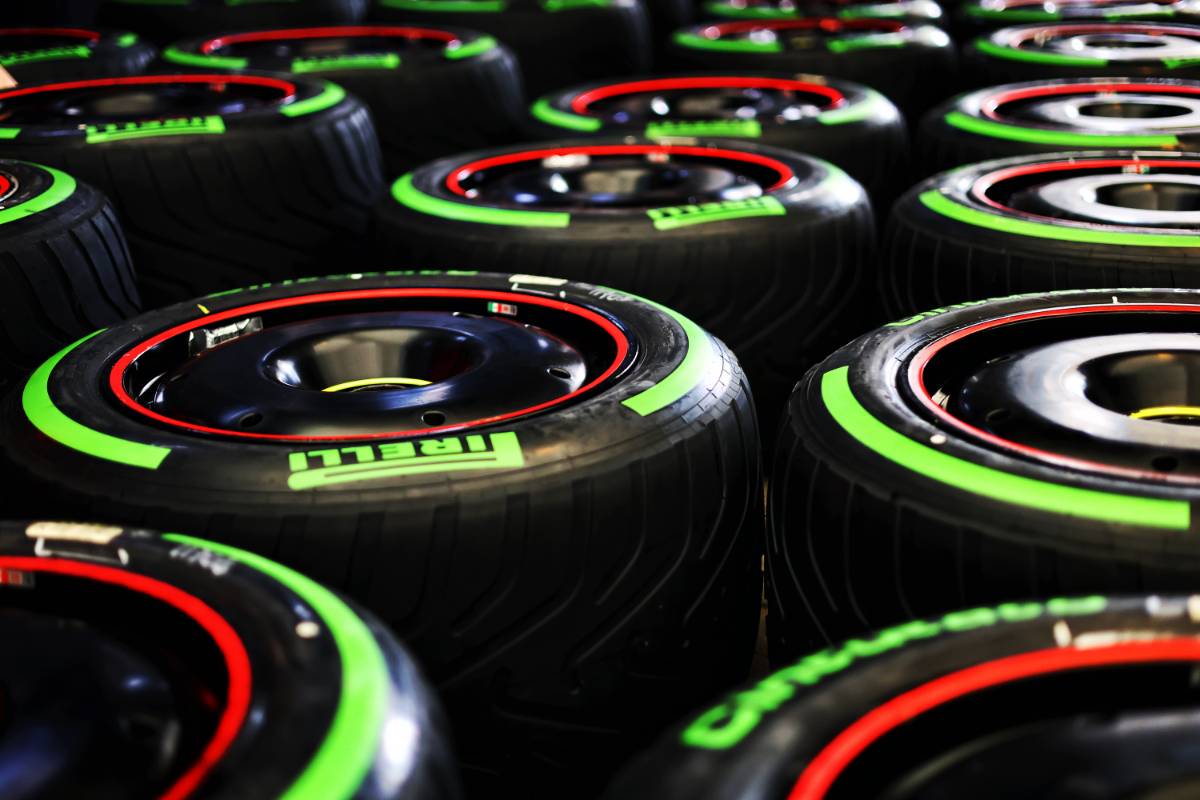
"In Qatar you had a high level of degradation and this affected the compound choice," he explained. "We didn't have really a strong compound. We had the C2 and C3, but both suffered from graining."
But Berra was sceptical about whether it would be possible to engineer that sort of excitement into every race by further tinkering with the tyres.
“It's not an easy balance," he said. "If you have high degradation they have to manage; but if you have low degradation they can push but you don't have any difference in pace because the degradation is low for everybody.
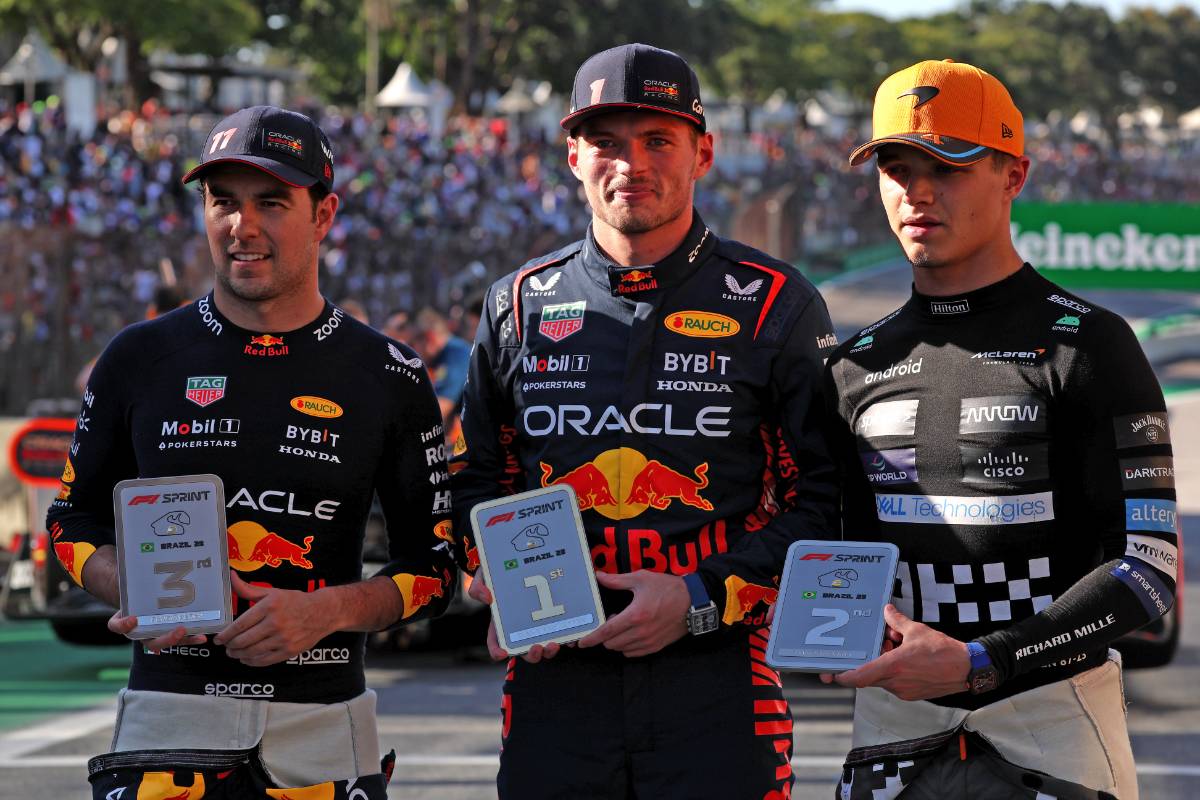
“It's always a combination where you select the track, you select the compounds and some teams are able to extract better performance than others," he said.
Berra pointed to Mercedes' struggles in the most recent sprint race in Brazil, adding that even McLaren struggled toward the end with Oscar Piastri while Lando Norris held on to take second behind Max Verstappen.
"Having to manage the tyres there, it meant there was some fighting and some other people from the back that were gaining positions.”
Keep up to date with all the F1 news via Facebook and Twitter




